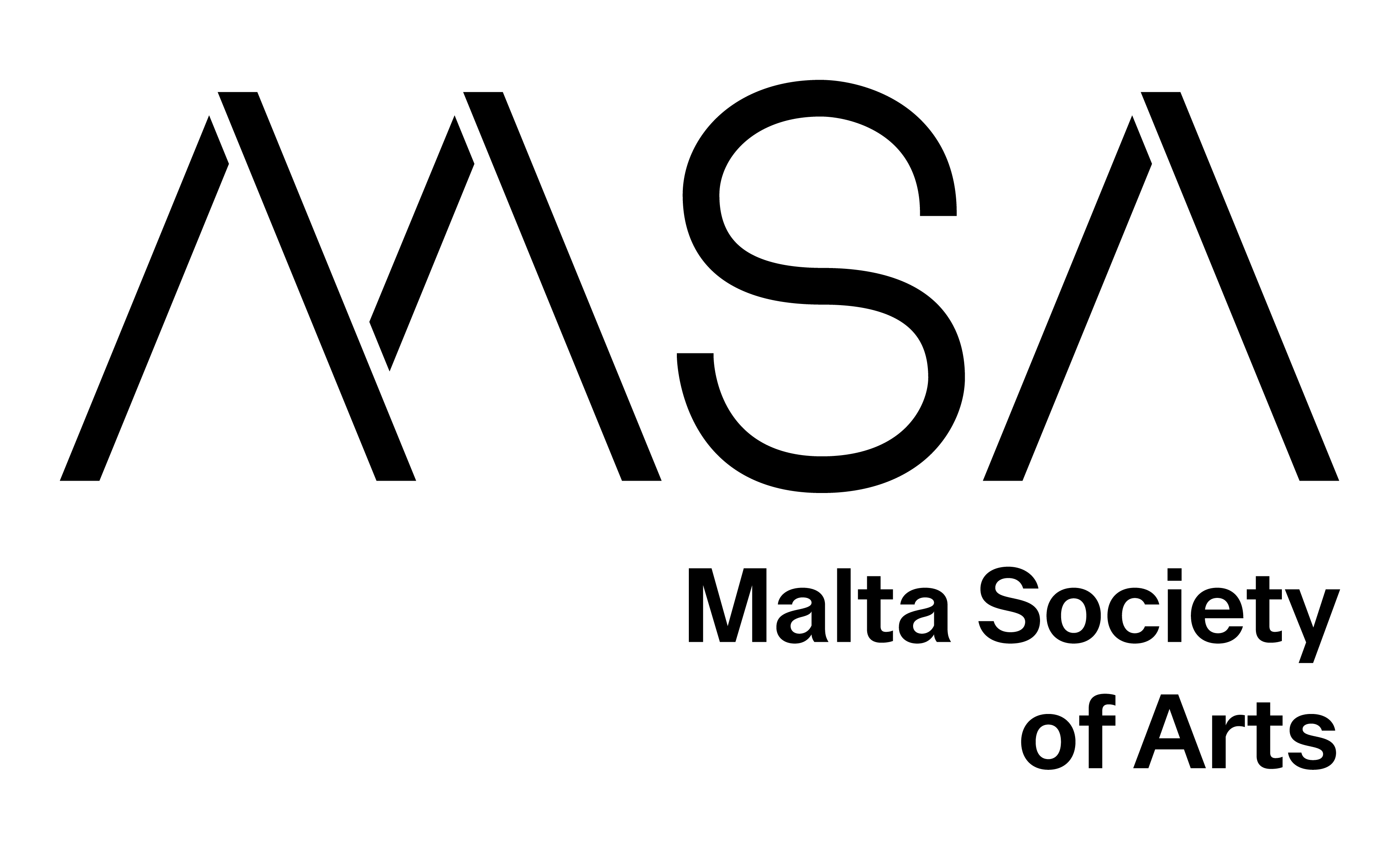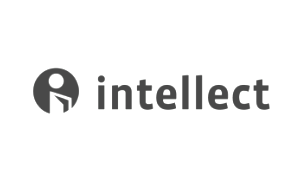Generating interdisciplinary dialogue on art’s intersection with animal research, this paper is developed from a conversation between artist, Louise Mackenzie and animal welfare scientist, Anna Olsson on the subject of a project that aims to bring transgenic animals out of the laboratory and into the public sphere.
How do we perceive animals in relation to their context? How do these perceptions differ between an animal researcher and an artist? Can animals in biomedical research be more than a ‘resource’? What happens to OncoMouse® (Haraway, 1997) when the research is over? What if the lives that save us could be saved as well? How can we enrich the lives of both humans with lived experience of disease and animal disease models? What are the practical challenges in bringing transgenic animals out of the lab?
I want Oncomouse® to be my friend.
This is the vision of the Transgenic Petting Zoo - bringing laboratory-only species out of the lab and into the human/animal care environment. Visit and help to care for your very own transgenic pet, it might change both your lives.
In Kathy High’s Embracing Animal (2004-6), High brings rats, that are used in research to treat autoimmune diseases similar to her own, into the environment of the gallery in a custom-designed habitat where the public observe these otherwise hidden creatures. This work became for High an emotionally and critically rigorous project of long-term research into how we work with and care for the lives that save our lives.
Transgenic Petting Zoo is conceived as a transportable project for bio-medical institutions that questions how the lives of both humans and nonhumans in biomedical research might be enriched through greater familiarity with transgenic animals outside the direct context of the laboratory. Drawing from Pauline Oliveros’ practice of deep listening (Oliveros, 1971) and Jacques Derrida’s writing on the animal (Derrida and Wills, 2002; Derrida, 1988), the project proposes the ethically contentious possibility of creating a publicly accessible non-laboratory space in which those who conduct research and those who are the recipients of research can care for, tend to and build a rapport with the animals that are vital to their research and/or wellbeing.
The first phase of this research explores the tensions between art and science inherent in the concept of the project. Through dialogue between an artist and animal welfare scientist, we discuss the challenges and implications of giving staff and students working in biomedical research the opportunity to relate to the animals in their research in ways that extend beyond the laboratory.
References:
Derrida, Jacques. 1988. “Eating Well or the Calculation of the Subject.” In Points...Interviews, 1974-1994, edited by E Weber, 255–87. Stanford University Press.
Derrida, Jacques, and David Wills. 2002. “The Animal That Therefore I Am (More to Follow).” Critical Inquiry 28 (2): 369. https://doi.org/10.1086/449046.
Haraway, Donna Jeanne. 1997. ModestWitness@SecondMillennium. FemaleManMeets₋OncoMouse : Feminism and Technoscience. Routledge.
High, Kathy. 2006. “Embracing Animal.” Https://Www.Kathyhigh.Com. 2006. https://www.kathyhigh.com/projects/embracing-animal/.
Oliveros, Pauline. 1971. Sonic Meditations. Smith Publications. https://monoskop.org/images/0/09/Oliveros_Pauline_Sonic_Meditations_1974.pdf.
Louise Mackenzie, PhD, is an Edinburgh-born interdisciplinary artist, curator and writer. Her practice explores human relationships with the non-human world. With an interest in experimental and experiential practices, sound and new/found media play an important role in her work. Her work has been exhibited nationally and internationally, including ZKM (Germany), BALTIC CCA (UK) and National Library of Madrid (Spain) and she has written for publications with MIT Press, Routledge, Bloomsbury and Intellect.
Anna Olsson is an animal welfare scientist with a farm animal background, now working in a biomedical research institute. Her own research is focused on the behaviour of laboratory rodents and companion animals, and on ethical issues in the use of animals in research and biotechnology. She is also involved in strategic initiatives to Replace, Reduce and Refine research with animals. She leads a research group and organizes training to prepare scientists for a responsible use of animals in experiments. She is a co-author of the textbooks Animal Ethics in Animal Research (Cambridge University Press) and Animal Welfare (CABI).
Back







